Short story writer Alison Armstrong didn’t set out to write a novel.
And she certainly didn’t set out to write one with a 12-year-old girl as the protagonist.
But sometimes, she explains, characters just arrive fully formed and demand to exist.
And one of those was Sherrie-Lee, the plucky main character of Armstrong’s debut novel, Fossils.
“I didn’t set out to write a story about a twelve-year-old really, I wanted to write a story about storytelling,” explains the 52-year-old, who lives in Lancashire but was born and brought up in Leeds.
“And I wanted to make it so that it was grounded in a community like the one I grew up in, in real stories.
“I struggled first to find a voice that could do that and sound authentic, until Sherrie-Lee arrived.
“I know this sounds ridiculous, because it’s all made up in my head, but she just seemed to arrive and take me along with her!”
The novel follows resourceful Sherrie-Lee as she carves out a new identity for herself after witnessing a failed bank robbery in her neglected hometown, and strikes up an unusual friendship with a man named Bob.
And though the town is based on the Leeds of Armstrong’s youth, the robbery is, she assures me, completely made-up.
“I know it sounds a bit outlandish, but I just went along with it because that’s what came up, and I wanted to see how that would work,” she smiles.
“She needed some kind of crazy story to introduce her to the reader and the other character, Bob.”
‘I’ve got a lot of jobs!’
As well as Sherrie-Lee and Bob, the cast of characters include the protagonist’s brother, Joshy, whose journey partly inspired the novel’s title, Fossils.
“I call it Fossils because the brother in the story collects fossils,” Armstrong reveals. “I thought it was a good metaphor for extinction, that creatures are trapped in stone, and in the future, that’s all we’ll have of certain species.
“As well as being a symbol of extinction, the fossil is a metaphor for alienation,” she adds.
“Most of the characters are alienated to various degrees, like the brother, Joshy, who has autism and restricted speech.”
A writer of essays and short stories who is “interested in voicelessness”, Armstrong’s work often focuses on the environment, and speaking up for nature.
It’s a cause close to her heart, stemming from her first-hand experience of children’s eco-anxiety in her 17 years as a teacher, so it’s no surprise it’s fed into her fiction debut.
“Children really care about the environment,” she observes. “They are really conscious of how they treat animals and how they treat the world.
“They’re always positive and wanting a better future, because it’s a future that they inherit. So, I wanted to write a story about the kind of rage that comes with climate grief.
“That idea that ‘this is happening to our planet and it’s not in our name, and we haven’t contributed to it’.”
I work as a waitress and a cleaner in the evenings.”
Fossils author Alison Armstrong
Armstrong admits she made the bold move to give up her teaching career in order to pursue writing, and though it hasn’t been easy, she’s found a way to make it work for her – by taking on two more jobs!
“I’ve still got a lot of jobs!” she laughs. “I work as a waitress and a cleaner in the evenings.
“I find I can only really write in the mornings – I do about four hours, and then I’m finished. So I was finding it difficult to find writing time while teaching.
“I wanted to put everything into both and I couldn’t really do it. So I left teaching, which is a bit crazy!”
And though she thought Fossils was a “one-off”, Armstrong reveals she’s already got another novel idea brewing.
“At first I thought [Fossils] was a short story and then it turned into something else,” she says.
“So maybe this will as well – but maybe it’ll die a death!”
Fossils by Alison Armstrong, published by Saraband, is available from the publisher’s website in paperback and ebook form.
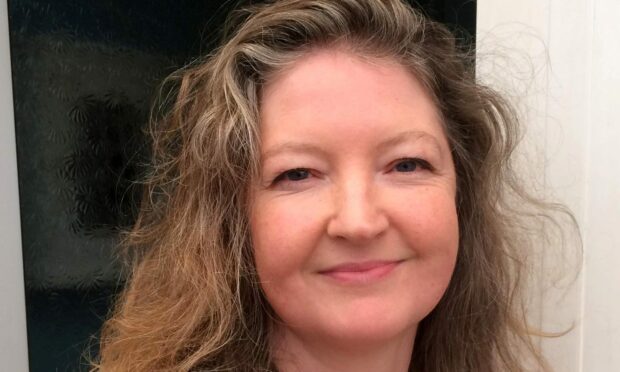



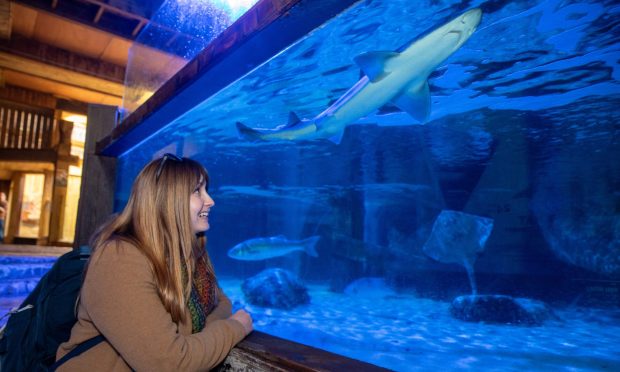

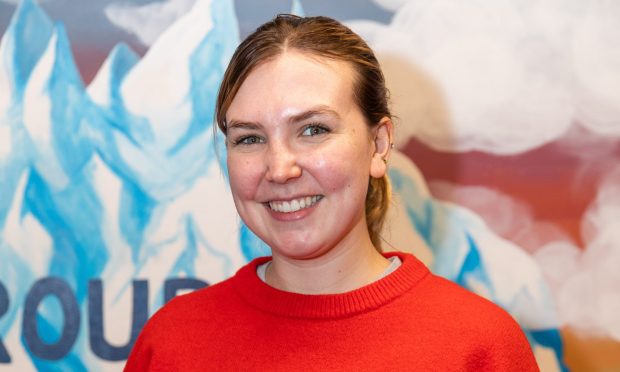

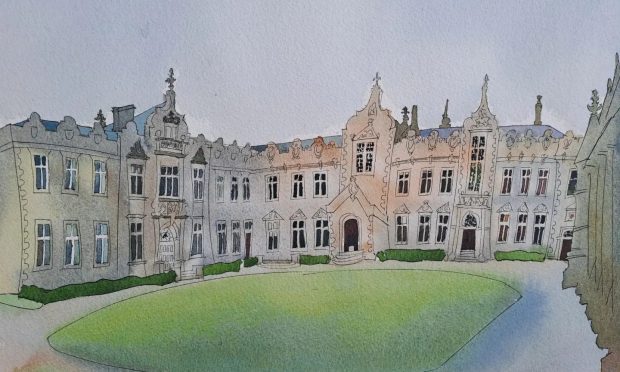
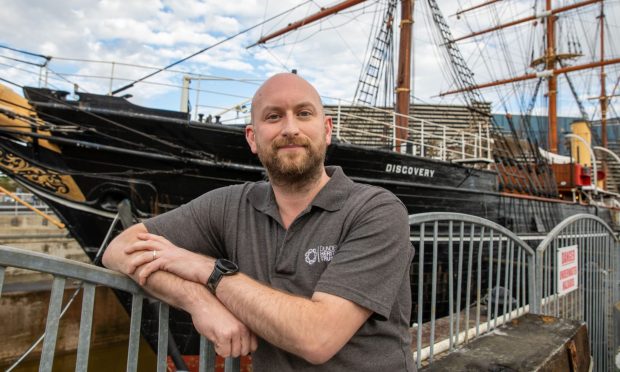
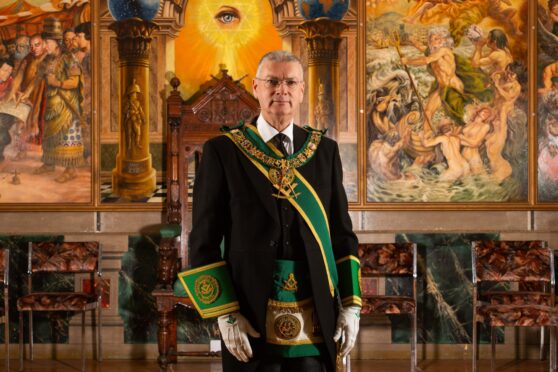
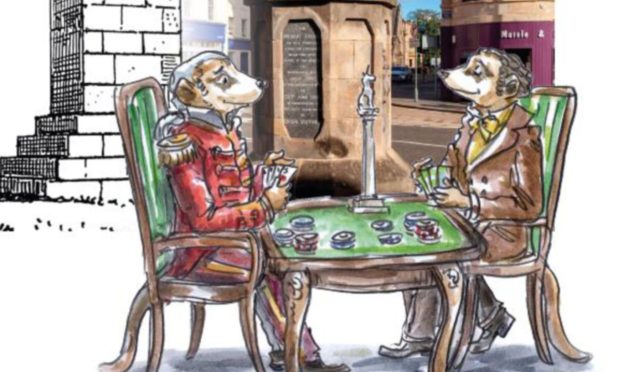
Conversation